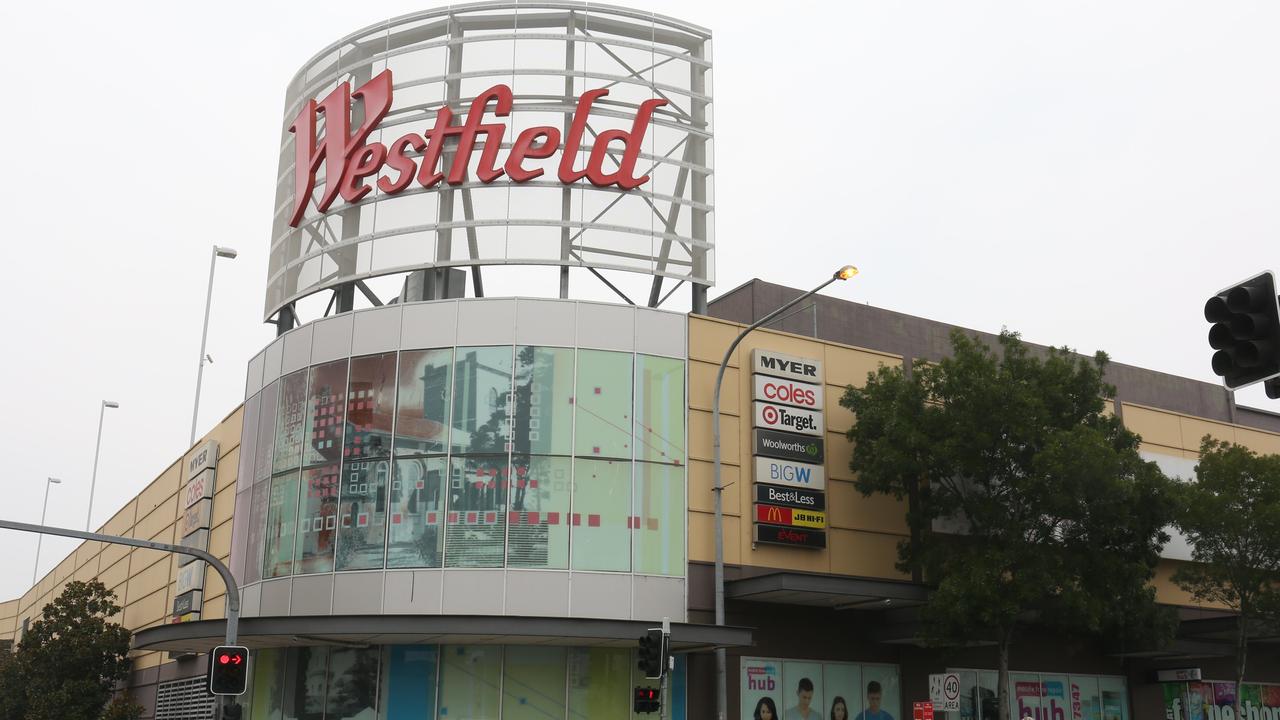Westfield closes 129 stores run by Mosaic Group over rental dispute
Hundreds of workers have been left in the lurch after the shopping mall giant locked down popular stores over a bitter rent dispute.
Westfield’s parent company has closed dozens of shops – including Rivers, Noni B, Katies, Millers and Crossroads – as a nasty rent spat escalates.
Scentre Group, the parent company of the Westfield chain, made the call to temporarily lock down stores owned by Mosaic Brands, leaving more than 400 jobs on the line.
The dispute arose after Mosaic and several other brands either refused to pay rent or only paid a lower rate while COVID-19 lockdowns were in place.
Mosaic chairman Richard Facioni condemned the landlord’s decision to halt trading in the current retail climate.
“These actions are extremely disappointing, given the current environment, and difficult to comprehend in the context of a relationship that spans close to 40 years,” he said in a statement sent to news.com.au.
“Mosaic continues to conduct rental negotiations in good faith with all landlords, including Scentre Group, in the spirit of sharing the burden of the impact of the COVID-19 crisis, consistent with Government recommendations.”
RELATED: Follow our live coronavirus coverage

RELATED: Victoria’s lockdown rules explained
Mosaic Brands is Australia’s leading specialty fashion retail group, with the Millers, W.Lane, Noni B, Rivers, Katies, Autograph, Rockmans, Crossroads and beme brands in its network of 1332 Australian stores and with 6800 employees on the books.
It is understood affected team members will be redeployed elsewhere until the issue is resolved and are receiving support from the company.
However, Mosaic isn’t the only high-profile retailer to clash with landlords over rent during the pandemic.
Earlier this year, billionaire Solomon Lew refused to pay rent for his Premier Investment shops – including Just Jeans, Portmans and Smiggle – after they were voluntarily shut during the nationwide lockdown back in March.
Retailer Accent Group also refused to pay rent during the crisis, while Red Rooster’s parent company Craveable Brands also allegedly contacted a Melbourne landlord to claim it would be cutting the rent for April due to the virus.
Fast food billionaire Jack Cowin – the owner of Burger King’s Australian franchise, Hungry Jack’s – also followed suit in April by embarking on a three-month rent strike.
“We propose to defer gross rent for three months, or until the restrictions are lifted and our company’s trading patterns show signs of returning to normal,” Mr Cowin wrote in a letter sent to landlords, according to the West Australian.
News.com.au contacted Scentre Group for comment.
Meanwhile, Callam Pickering, APAC economist at global job site Indeed, said that overall retail has been improving despite Victoria’s lockdown, reaching a monthly record of $30.75 billion.
“Nationwide retail spending rose for every industry group in July. Household goods continue to be one of the best performers, with spending up 30 per cent over the past year. That’s been driven recently by spending on furniture and whitegoods,” Mr Pickering said.
“The retail sector has rebounded strongly following record declines earlier this year. The sector has received considerable fiscal support in the form of both JobKeeper and JobSeeker. “The impact of those policies will begin to diminish in the last quarter of 2020. Fiscal support will become more concentrated in Victoria, with support wound back elsewhere.”
He said that period would be “challenging” for retailers.
“The retail sector is artificially strong right now and isolated from the impact of high unemployment and historically low wage growth – a combination that has never been positive for retail,” he said.
“Household cautiousness can also be expected due to concerns over job security, which will encourage higher savings.”
But he said overall, the sector had managed these “unprecedented circumstances exceeding well”.
“Spending is up 12.2 per cent over the past year, the strongest yearly growth rate since the GST was introduced,” he said.
“Victoria will naturally drag on retail conditions, particularly outside the supermarket sector, however every state will find the transition off JobKeeper to be difficult.
“For many retailers, the greatest challenge still awaits.”




